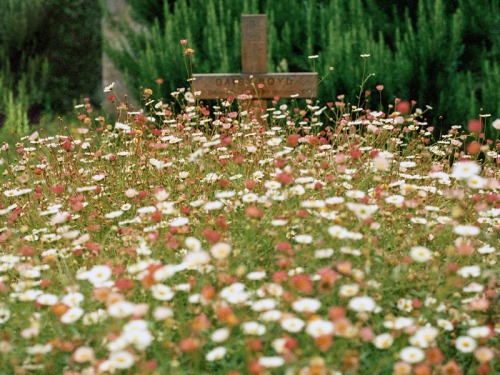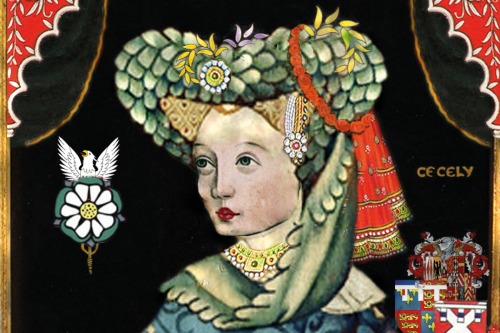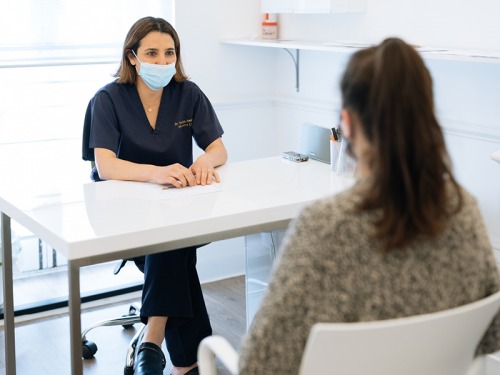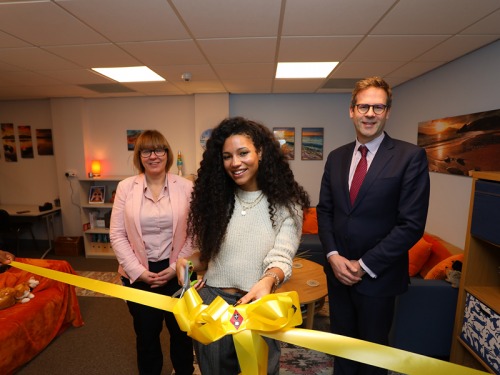How Teesside's Headlight Project Supports Locals with Their Mental Health
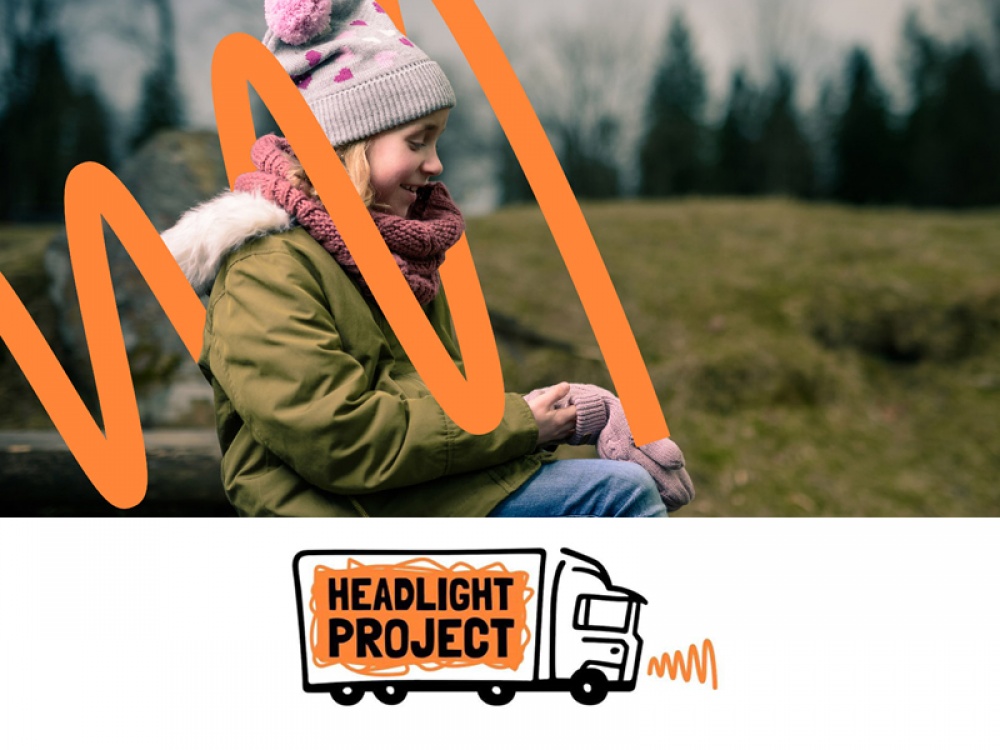
Living North champions the invaluable work of smaller charities across the North East
Founded in memory of Russ Devereux, The Headlight Project teaches children about mental health, provides support and help for adults, and works in collaboration with other organisations to deliver emotional resilience workshops and one-to-one counselling. Always motivated by Russ’ story, they focus on supporting individuals and families who have been affected by suicide.
Keen golfer, caring husband and loving dad Russ was a loyal supporter of a number of local charities and often took time out to fundraise. But, after an accident at work, Russ sadly took his own life. He had no medical history of anxiety or depression and it was an enormous shock to his family and friends. It also shone a light on how complex and fragile our minds can be, and that’s why Russ’ wife Catherine decided to launch The Headlight Project – to help others.
‘The trauma and the grief that goes with a sudden death in the family is complex. Luckily we received the support we needed, so we decided that we should do something in Russ’s memory,’ Catherine tells us. ‘We wanted to get the word out about mental health.’ So The Headlight Project became Russ’s legacy.
We all know how supportive our communities can be in the North East. When locals found out about the project they were keen to help, and the project quickly became a charity in its own right. The team began to grow too – now Catherine is supported by a strong group of counsellors, therapists and trustees.
Today, they offer a variety of services for local families. That includes children’s counselling, primarily in schools, which can help address issues that are negatively impacting a child’s growth, development, mental health, and wellbeing. Play Therapy is also available for children to help them understand muddled feelings and upsetting events (playing is vital to every child’s development). Rather than having to explain what is troubling them, children use play to communicate at their own pace.
For adults, one-to-one counselling and workshops help them deal with trauma. As well as offering cognitive behavioural therapy, interpersonal therapy and clinical hypnotherapy, the charity also provides specific therapies such as eye movement desensitisation and reprocessing (EMDR), which is a highly affective treatment for trauma. ‘Prince Harry was an advocate for it because he had EMDR following the death of his mum, Princess Diana,’ Catherine says. While focused on a specific event, during EMDR, patients receive bilateral stimulation, which often involves following the therapist’s finger as it moves, or playing sounds in each ear in turn. In Harry’s case, he crossed his arms and tapped his chest alternately to provide a stimulation. ‘Trauma can stop people from trying to progress in their lives and trying to start the healing progress, and you often have to wait months for NHS treatment so being able to offer EMDR is key to our charity,’ Catherine continues. ‘Counselling won’t work until the trauma is dealt with first, so it’s so important to get the right help. We’ve managed to create a holistic approach for both adults and children.’
It’s the huge generosity, kind donations and constant fundraising received from individuals and organisations that have helped Catherine keep the project going. Supporters include Café Lilli, The Jack Brunton Charitable Trust and Fairfield Primary School, all based in Teesside. ’We never thought this project would grow into the charity it is today but it came about at the right time when more and more people are becoming more conscious about mental health,’ says Catherine.
The Headlight Project take self referrals, referrals from family members/friends, from employers and referrals from schools for children’s services. To help, donate or simply find out more about the charity visit headlightproject.org.
The Headlight Project is not a crisis service. For crisis support contact the Samaritans or your local crisis team (or CAHMS crisis for children).




